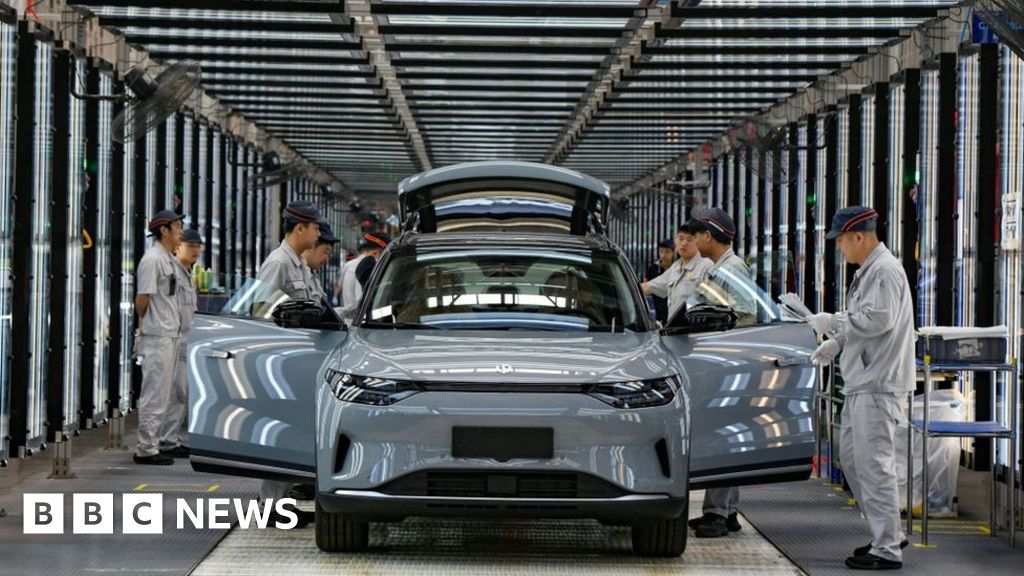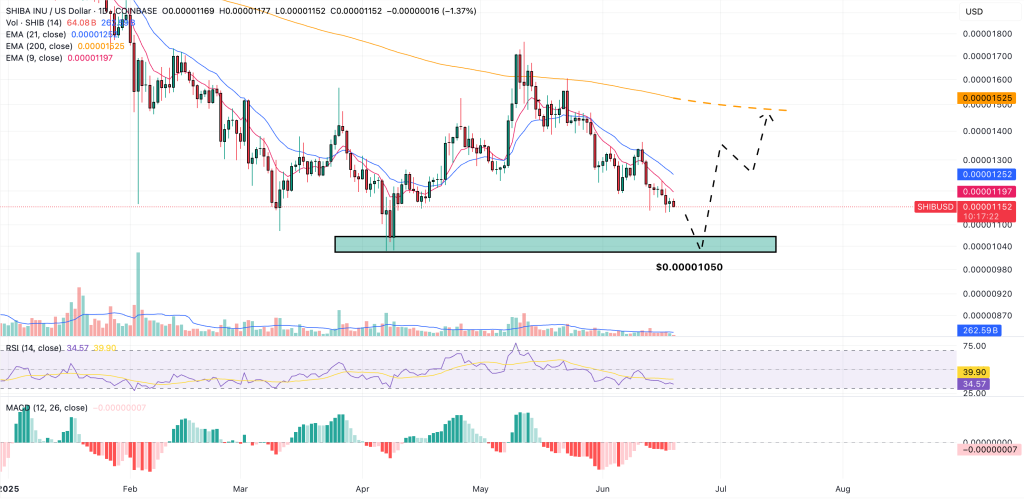The European Union and the UK are among the other places debating moves to curb imports of Chinese-made electric cars, even at the risk of slowing their adoption.
“It’s not really a surprise to investors or to Chinese companies, especially in the run-up to an election where both candidates are not really pro-China,” she said.
“Given the relatively small volume of imports to the US, it’s maybe more interesting what happens next in Europe.”
The US and China have been locked in a trade war since 2018, when Mr Trump imposed tariffs on some two thirds of goods imported from China, at the time worth an estimated $360bn.
The measures prompted retaliation by Beijing, a stand-off that ended in a détente in early 2020 when Mr Trump reduced the rate of some tariffs, while China pledged to boost its purchases from the US.
Those promises have fallen short, but the tariffs have since yielded more than $200bn according to the US, external in new border taxes for the US government, while prompting a major reshuffling of global trade patterns.
Much of that sum has been paid by everyday Americans in the form of higher prices for furniture, footwear and other goods.
However, in a research note, Oxford Economics described the latest plans as “more symbolic bark than bite”.
The firm said they were likely to lift inflation by a negligible 0.01 percentage points, while weighing on growth in a similar way, calling the effect a “rounding error”.
Reporting contributed by World Business Report radio
Credit: Source link











